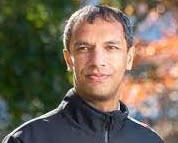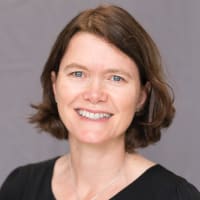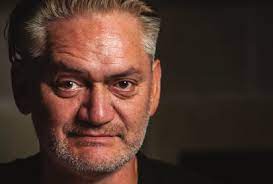The global movement to take leading academics out of lecture theatres and into pubs to present their latest research is returning to Auckland.
Tonight, 20 University of Auckland lecturers will host talks in 10 local bars. The topics range from the search for alien life to the risks of vaping and whether gaming could help solve the housing crisis.
The talks, known as “Raising the Bar” have been in Auckland since 2017 but due to Covid-19 took place online in 2020.
The idea of turning bars into mini “think tanks “ came from a group of New York students. In 2014, the group invited 50 leading professors and researchers from the University of Colombia and University of New York to host talks in the city’s best bars and share their knowledge with the public.
The concept has since spread around the world and is now embraced in 10 cities, including London, San Francisco, Hong Kong, Sydney and Auckland. So far, 70,000 people have attended 550 talks.
The University of Auckland’s director of alumni relations and development, Mark Bentley, says the convivial environment of the pubs is a drawcard but “you don’t have to drink” to enjoy the night.
Newsroom reporter Matt Scott spoke to three of tonight’s speakers about their research.

Dr Suresh Muthukumaraswamy
Dr Suresh Muthukumaraswamy has been testing a drug he says can help with severe depression. It’s safe under controlled use and could potentially help people find a way out of the darkest place.
But he’s encountered years of legal roadblocks, making it extremely difficult to complete the clinical trials.
Why? The drug is ketamine – an anaesthetic with psychedelic effects, known for its illicit use on the street.
Muthukumaraswamy will take his audience through the history of psychedelics and examine how our implicit biases may be keeping us from making use of effective treatment options for a range of maladies.
He says the future of psychedelics in medicine is “the great unknown”, with the reluctance of the public and the Government to allow testing hindering discovery.
“We don’t even blink at the concept of a cancer patient getting morphine,” he said. “So why to this?”
Dr Suresh Muthukumaraswamy will speak at The Birdcage Tavern at 8.00 PM.

Dr Hilary Sheppard
A tool with the power to change life dramatically is on its way, and could be in widespread usage within five years, according to Dr Hilary Sheppard.
She’ll be introducing CRISPR – the gene-editing tool with the potential to fix conditions like cystic fibrosis and Huntington’s disease. What this looks like in practice is a pair of molecular scissors which cut part of the DNA, stimulating a repair process. Scientists then introduce RNA that acts as a blueprint to essentially fix the disease.
As this tool becomes more precise, now is the time to discuss whether we want it in widespread use, says Sheppard.
“It presents so many issues,” she said. “Who will be able to afford it? Will people carrying a mutation be able to get insurance? If you’ve seen the film Gattaca, you might have an idea of what it could look like.”
Dr Hilary Sheppard will speak at The Birdcage Tavern at 6.30 PM.

Dr Anthony Hoete
Dr Anthony Hoete spent 30 years working in architecture in the UK, and he returns to New Zealand with an innovative perspective on housing and construction issues he says could help us disrupt the housing crisis.
“Whether it’s due to spatial puzzling or navigating a set of rules, architecture is a game,” he said.
Hoete says if we see it as a game, we can become more aware of the rules and learn to manipulate them, like his work using different materials in the UK – a block of houses built from cutting edge cross-laminated timber, or a school built from a million Lego bricks.
He said avant-garde solutions are the way forward for New Zealand. “If you know the rules, you can bend them.”
He will discuss what architecture as a game would look like, and the myriad ways innovation can empower.
Dr Anthony Hoete will speak at Revelry at 8.00 PM.
The talks are free, but you do need a ticket: www.rtbevent.com/auckland



